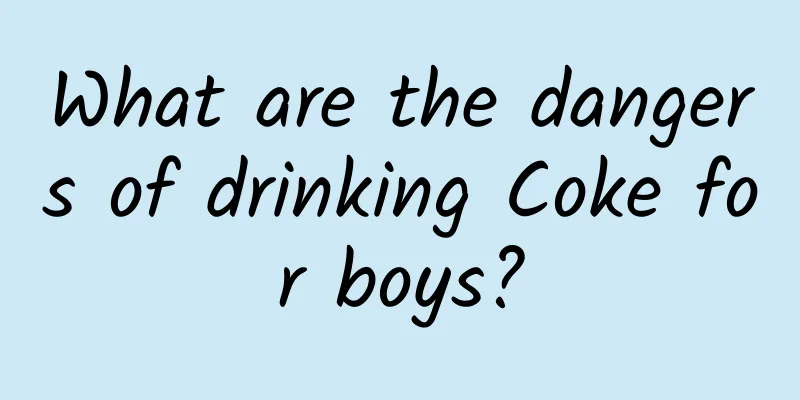People with chronic renal failure should pay attention to these 4 dietary principles

|
For people with renal failure, whether it is chronic or acute, they should pay special attention to diet during the treatment and recovery process. A reasonable diet can not only enhance immunity but also slow down the progression of the disease and reduce complications. What should chronic renal failure pay attention to? First, pay attention to low-protein diet Eat high-quality protein with high nutritional value: that is, the amount of protein intake should be small but the quality should be good, less but better. Animal protein is the representative, such as chicken, fish, milk, lean meat, etc. Staple foods with high plant protein, such as corn, flour, as well as dried beans, bean products, nuts, etc., should be controlled more strictly for those whose kidney function continues to deteriorate. Second, take in enough calories In order to reduce the content of plant protein in the diet and supplement sufficient calories to reduce excessive protein decomposition in the body and aggravate uremia symptoms, wheat starch is often used as the main source of heat energy in clinical practice. Corn starch and potato starch can also replace rice and flour. In addition to starch, potatoes, yams, taro, sweet potatoes, lotus roots, pumpkins and other high-calorie foods can also be used in the diet. Third, take in an appropriate amount of sodium and potassium salts If edema and hypertension are present, sodium intake should be limited. Generally speaking, sodium intake is 2-3g/d. In severe cases, it can be limited to 1-2g/d (NaCl. If the patient takes diuretics or has vomiting or diarrhea, sodium intake should not be limited and may even need to be supplemented. A potassium-restricted diet should avoid fruit juice and carefully choose vegetables and fruits that are high in potassium, such as bananas, oranges, hawthorns, peaches, fresh orange juice, rapeseed, kelp, leeks, tomatoes, mushrooms, spinach, fungus, seaweed, etc. Fourth, vitamin supplements should be taken Patients with chronic renal failure have poor appetite and consume too little food containing vitamins. In addition, uremia itself can cause changes in the metabolism of water-soluble vitamins, so patients with chronic renal failure should pay attention to supplementing B vitamins, vitamin C, etc. |
<<: Teach you a few tips on how to make your own healthy kidney-tonifying medicinal wine?
>>: What are the symptoms of non-gonococcal urethritis in men?
Recommend
Normal testicular hardness self-test
The testicles are important male reproductive org...
Is prostate enlargement and calcification serious?
Prostate enlargement is a relatively serious dise...
Precautions for orchiectomy surgery
We all know that many men are most concerned abou...
My penis is swollen, what's going on?
When men find that their penis is swollen, they s...
What causes thyroid nodules and what to do if nodules bleed
Thyroid nodules refer to lumps in the human thyro...
The "Four Dos" and "Four Don'ts" of Pregnant Dads
1. Exercise Whether it is the father or the mothe...
Is it inflammation if I still feel pain three months after circumcision surgery?
Circumcision is a relatively common surgery. It i...
What should I do if my penis is broken?
Men are very concerned about penis problems, and ...
What causes frequent neck pain?
For office workers who often sit in front of comp...
Acute epididymitis
Acute epididymitis is mainly a common non-specifi...
The consequences of taking ethinyl estradiol for men
It is best for men not to take ethinyl stilbestro...
How much does testicular surgery cost?
The male testicle is one of the key male reproduc...
How many minutes does it usually take to ejaculate? Common knowledge about ejaculation that men must know
The time and frequency of ejaculation are actuall...
How to treat hypothyroidism? Four methods to choose from
In recent years, because people's living habi...
Cough and testicular pain
Many people often experience testicular pain when...









